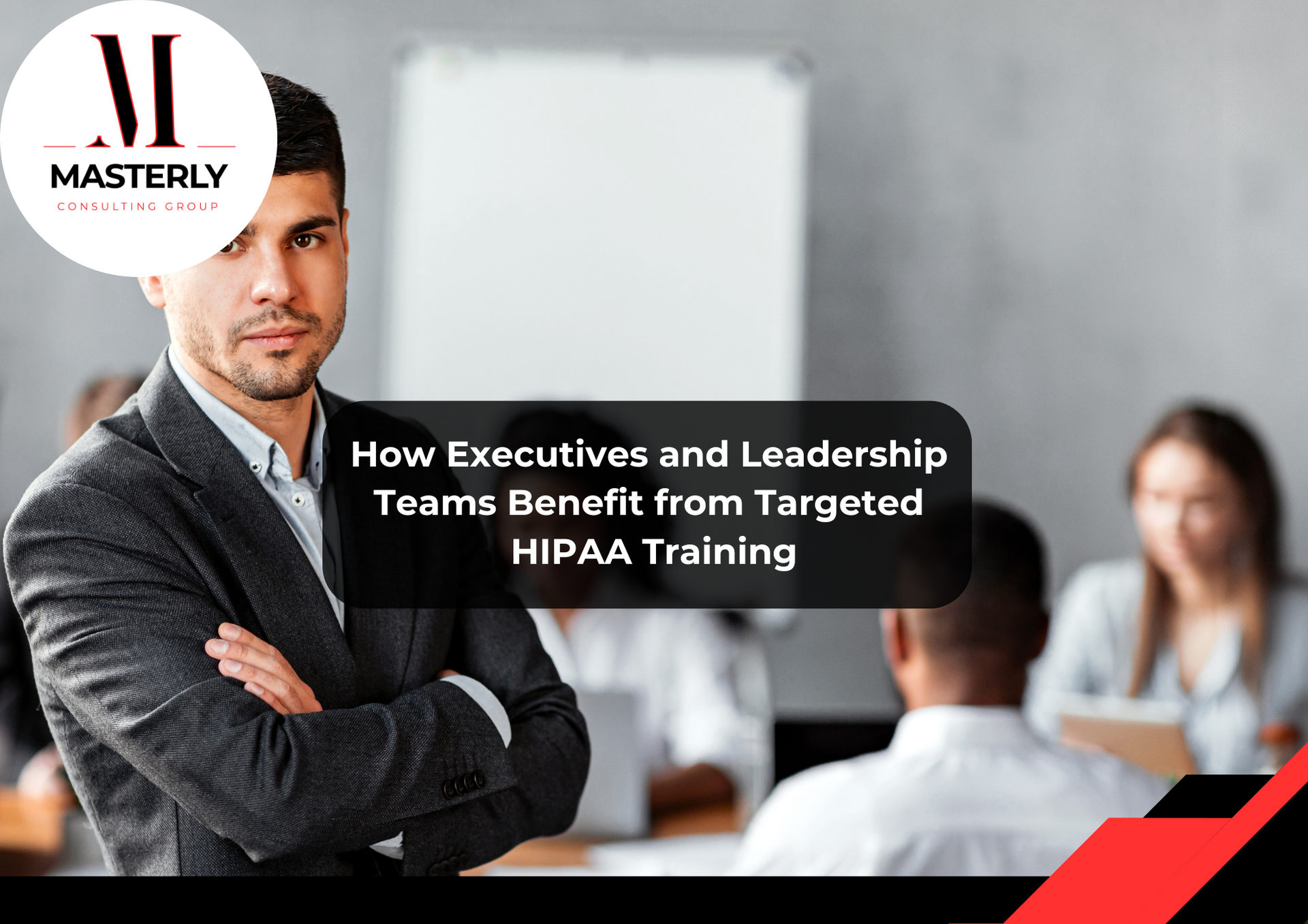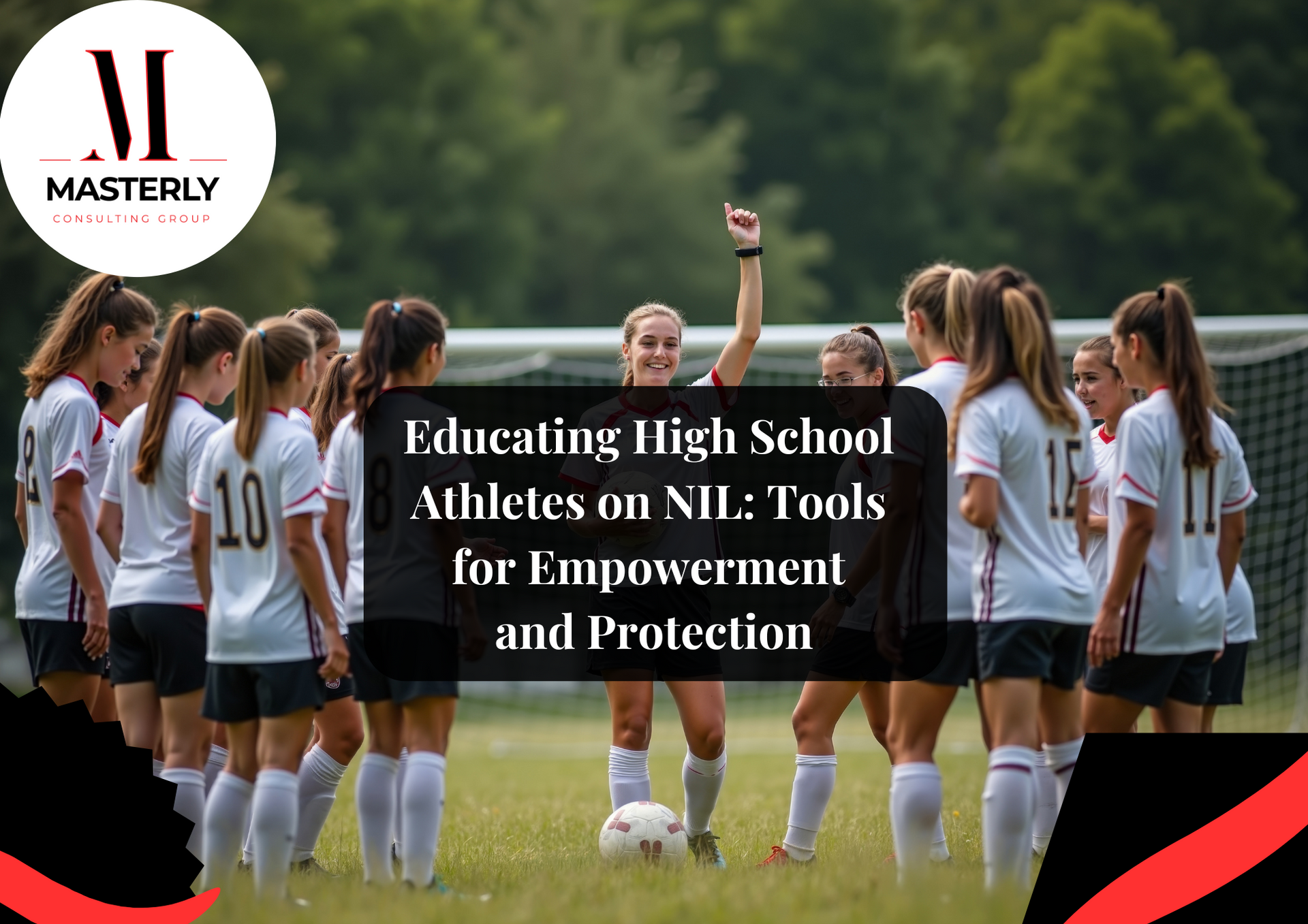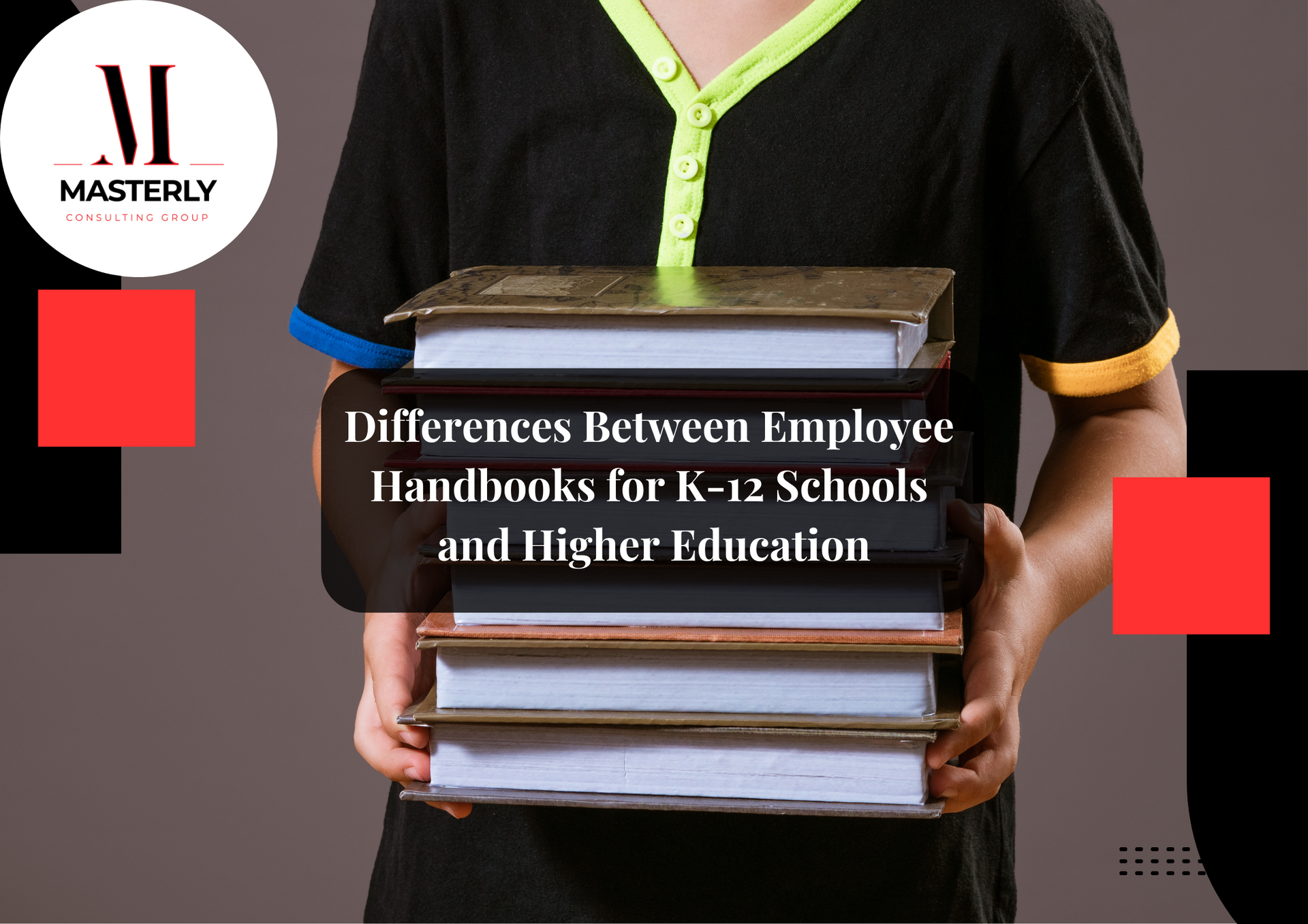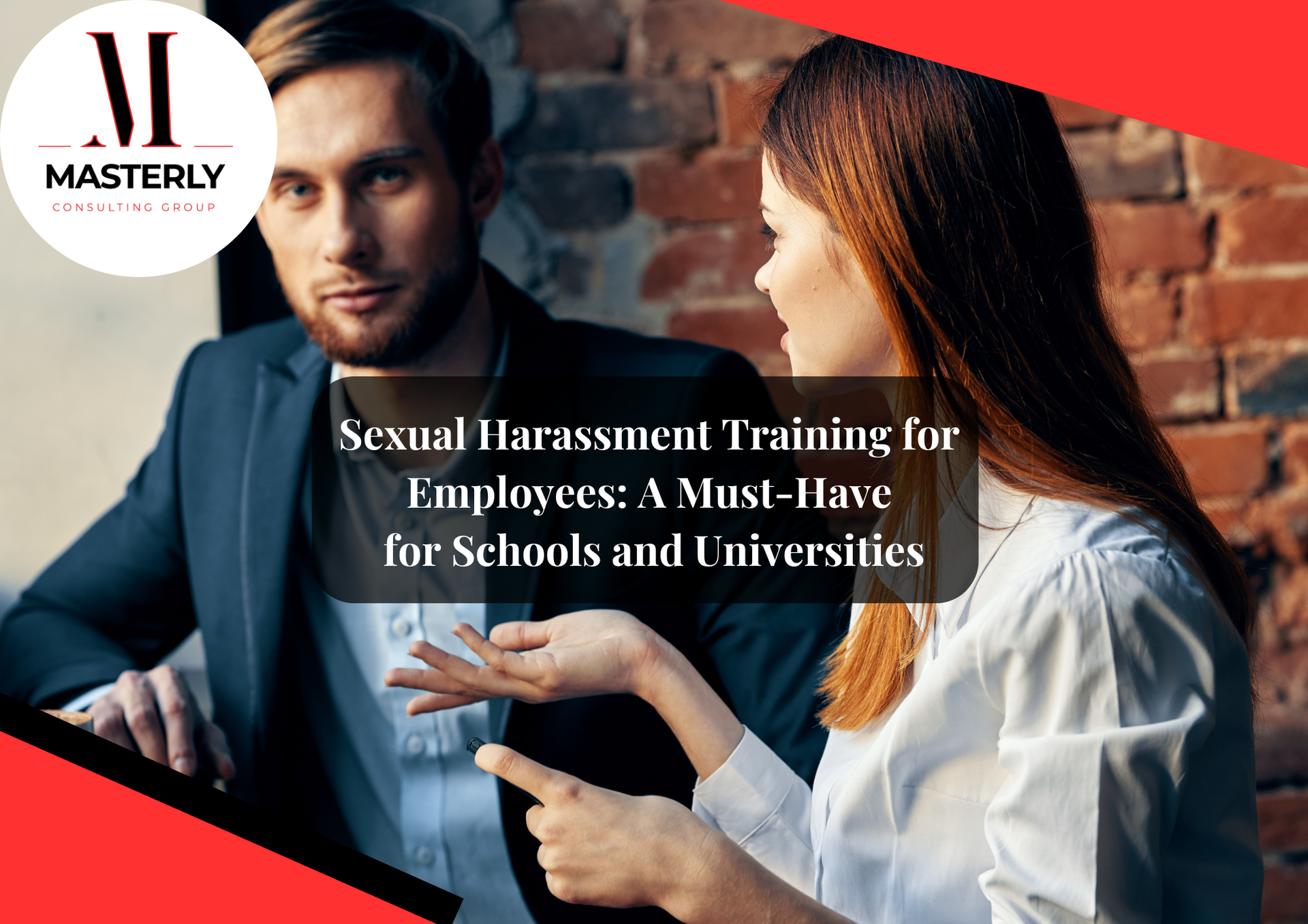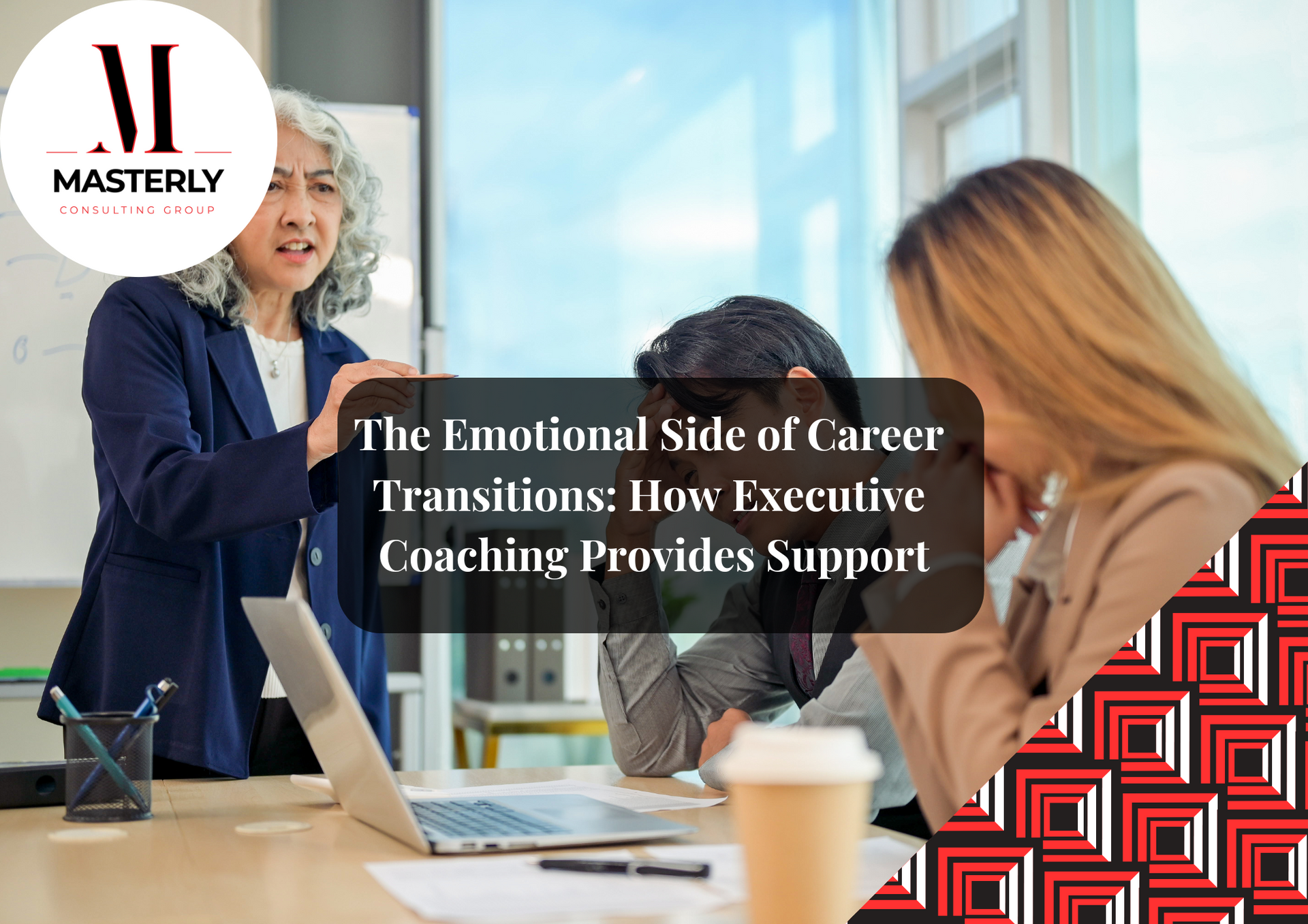Creating NIL Awareness on Campus: Educating Students, Coaches, and Administrators
The Name, Image, and Likeness (NIL) landscape has introduced significant changes to college athletics, requiring universities to provide student-athletes, coaches, and administrators with proper NIL education. With state NIL laws and NCAA NIL rules constantly evolving, institutions must integrate NIL training programs to ensure compliance while helping athletes maximize their opportunities.
Understanding what NIL refers to and how it impacts college sports is crucial for institutions that want to protect their athletic programs and ensure that student-athletes interested in NIL opportunities make informed decisions. Schools must also align their policies with specific NCAA NIL rules, school and conference requirements, and state laws to avoid compliance violations.
This article explores how universities can create a structured NIL education program, guiding athletes, faculty, and administrators in navigating NIL rights, sponsorship deals, and NIL contracts without jeopardizing eligibility or violating institutional policies.
Understanding NIL: What It Means for Universities and Student-Athletes
1. What NIL Refers to in College Athletics
NIL refers to the ability of student-athletes to earn compensation from endorsement deals, brand deals, sponsorships, and NIL contracts while maintaining their amateur status. The National Collegiate Athletic Association (NCAA) initially restricted such agreements but later introduced the NIL interim policy following legal pressure and the implementation of state NIL laws.
Unlike professional athletes, collegiate athletes must comply with NCAA rules and institutional policies regarding NIL activities. This means universities must educate their students on:
- Permitted and prohibited NIL agreements under state laws
- How to report NIL activities consistent with school compliance standards
- Restrictions that vary between different states and conferences
By integrating NIL training programs, universities can ensure that student-athletes interested in monetizing their personal brand understand how to do so legally.
2. The Importance of NIL Awareness for Student-Athletes
Many prospective student-athletes and high school athletes lack awareness of how NIL compensation works. Without proper education, they risk entering NIL agreements that could:
- Violate NCAA rules and jeopardize eligibility
- Conflict with school sponsorships or policies
- Create financial or tax liabilities due to poor NIL contract structuring
Providing NIL education during the recruiting process ensures that athletes and their families make informed decisions before signing with a university.
Integrating NIL Education into University Programs
3. NIL Training for Student-Athletes
Effective NIL education should focus on:
- Personal brand development and monetization through social media accounts
- Navigating NIL contracts and NIL valuation
- Understanding financial responsibilities, including taxes and budgeting
- Recognizing unethical NIL collectives and avoiding exploitation
Since not all college athletes will have equal NIL earning potential, training should be customized for athletes from revenue-generating sports like football and basketball, as well as women's sports and lesser-known programs.
4. Educating Coaches and Administrators on NIL Rules
Coaches and administrators must be well-versed in NIL policies to provide accurate guidance to athletes. This includes:
- Recognizing permissible NIL activities under NCAA NIL rules
- Ensuring athletes sign sponsorship deals in compliance with institutional policies
- Helping athletes understand their NIL rights and financial obligations
Athletic conferences and member schools must align their NIL stands to ensure consistency in policy enforcement.
5. Compliance Training for Universities
Compliance officers play a crucial role in ensuring that schools report NIL activities consistent with regulations. Universities should:
- Conduct NIL audits to assess risk and policy gaps
- Work with professional service providers for legal and compliance support
- Provide ongoing education on NIL laws and contract structuring
By maintaining clear NIL guidelines, institutions can ensure that their own athletes do not unknowingly violate compliance rules.
Navigating NIL Challenges in University Athletics
6. Addressing NIL in Recruiting and Compensation Models
The NIL landscape has significantly impacted how schools recruit athletes. Some key challenges include:
- NIL collectives influencing the recruiting process by offering incentives
- State NIL laws creating disparities in athlete earning potential
- Schools determining how to compensate athletes while maintaining fairness
By addressing these challenges, universities can provide more transparent recruiting experiences.
7. Supporting Male and Female Athletes in NIL Opportunities
While male athletes in revenue-generating sports often receive higher NIL valuations, there is growing attention on ensuring female athletes also benefit from NIL opportunities. Universities should:
- Provide training on social media growth and branding strategies
- Encourage participation in NIL collective programs
- Ensure fairness in NIL accessibility across all sports programs
By promoting NIL across women's sports, universities can foster equal opportunities for all athletes.
The Role of Universities in NIL Policy Development
8. Establishing Clear NIL Policies for Institutional Compliance
Each university must establish an NIL policy that aligns with:
- State NIL laws and NCAA NIL rules
- School and conference requirements
- Legal concepts such as athlete contracts and intellectual property rights
By having well-defined policies, universities can avoid potential legal conflicts.
9. Working with Professional Service Providers for NIL Compliance
Many universities partner with professional service providers to help navigate NIL complexities. These experts provide:
- Legal guidance on NIL agreements and NIL contracts
- Support in structuring NIL deals for compliance
- Advisory services for athletic directors and compliance officers
By leveraging professional expertise, universities can stay ahead of NCAA-approved regulations.

How Universities Can Lead in NIL Awareness and Compliance
10. Ensuring Ongoing NIL Education and Policy Updates
Since restrictions vary across different NIL policies, universities must:
- Update NIL training materials to reflect new rules and NCAA-approved policies
- Conduct regular NIL compliance audits
- Collaborate with athletic conferences to share best practices
Through continuous education, universities can safeguard their athletes and institutional reputation.
11. The Future of NIL in College Athletics
The NIL landscape will continue evolving, with potential federal legislation and greater NCAA oversight. Institutions must remain proactive in:
- Adapting NIL policies to legal changes
- Providing educational resources for student-athletes and faculty
- Working with compliance experts to ensure smooth NIL implementation
By prioritizing NIL education and policy development, universities can position themselves as leaders in responsible athlete compensation.
Ensuring NIL Compliance and Education: Understanding Institutional Responsibilities and Athlete Rights
As Name, Image, and Likeness (NIL) legislation continues to reshape college athletics, universities must take an active role in educating their students, coaches, and administrators on the latest policies and compliance requirements. The Supreme Court's decision in NCAA v. Alston played a pivotal role in influencing the NIL start, allowing student-athletes to earn compensation for their personal brands. However, schools must navigate such laws carefully to avoid compliance risks.
The NCAA Division and NCAA President Charlie Baker have emphasized the need for universities to establish their own NIL rules while ensuring they align with state NIL laws and institutional policies. Critics, including some lawmakers and industry professionals, have expressed concern that the current system allows student-athletes to enter agreements without enough oversight, creating disparities in enforcement. As a student-athlete receives compensation, universities must ensure these deals comply with NCAA rules to avoid jeopardizing eligibility.
Additionally, basketball players, football players, and athletes in other revenue-generating sports must consider how NIL impacts their athletic performance and long-term careers. The case of the Colorado quarterback who secured multiple NIL deals early in his collegiate career is a prime example of how NCAA takes advantage of NIL's rapid growth while leaving individual universities responsible for oversight. Schools must ensure that every person’s legal rights are protected while enforcing policies that promote fairness and compliance in the NIL space.
Partner with NIL Experts to Strengthen Your University’s NIL Program
Navigating Name, Image, and Likeness (NIL) policies requires a strategic and well-informed approach. Universities must ensure that every student-athlete, coach, and administrator understands their NIL rights, responsibilities, and compliance obligations.
At Masterly Consulting Group, we provide comprehensive NIL training, compliance audits, and policy development services to help universities, athletic conferences, and member schools stay ahead in the evolving NIL space. Our customized programs equip institutions with the tools they need to support their college athletes while ensuring full compliance with state and NCAA NIL rules.
Contact us today at (888) 209-4055 to book a free consultation and discover how we can help your university navigate the complexities of NIL.

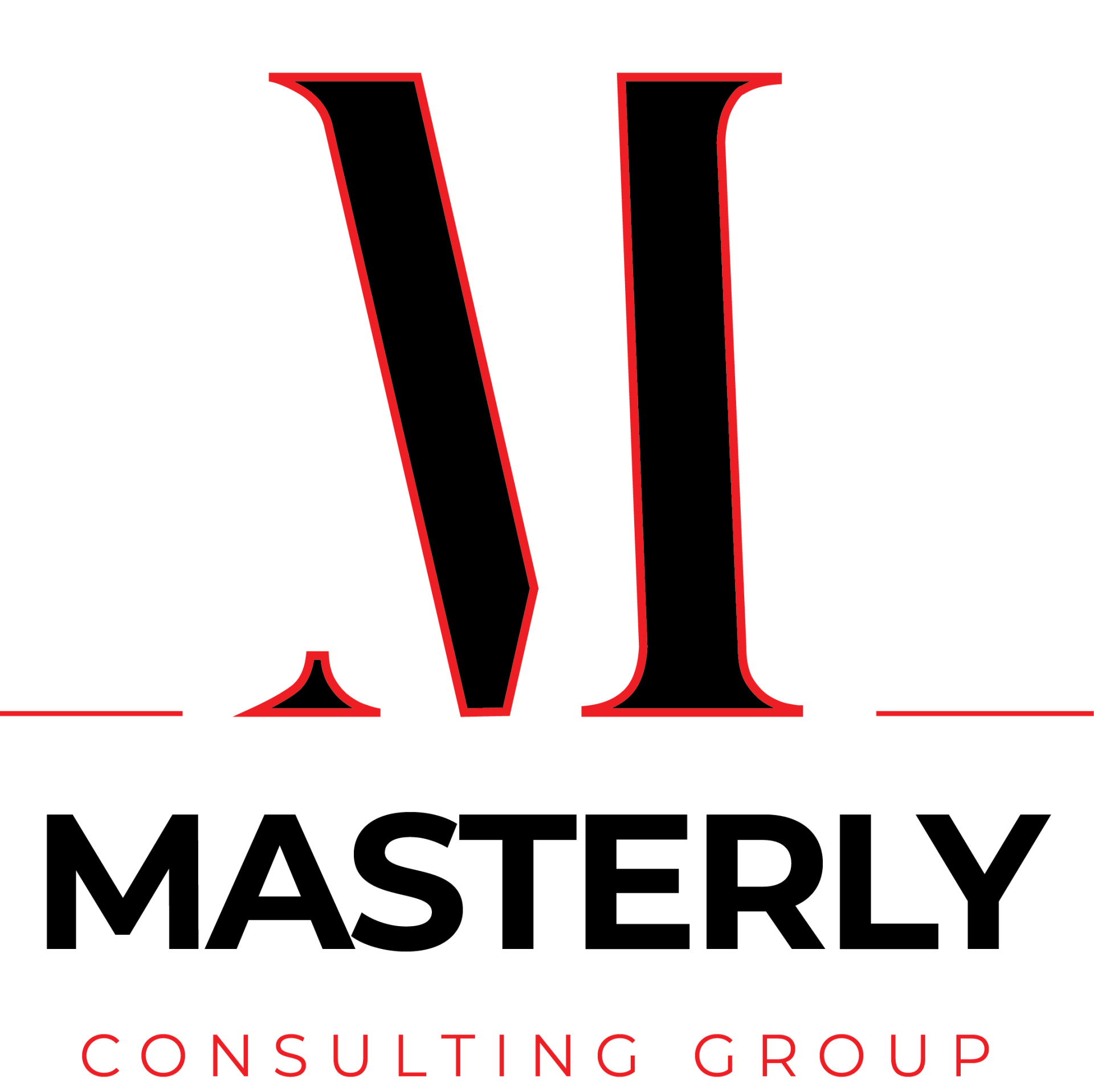
Masterly Consulting Group
Office Number
(888) 209-4055
Office Locations
Dallas, TX | Uptown Area
Houston, TX | Galleria Area
Grand Prairie | Training Center
West Palm Beach, FL | Downtown
Coming Soon
Atlanta, GA
Latest news

